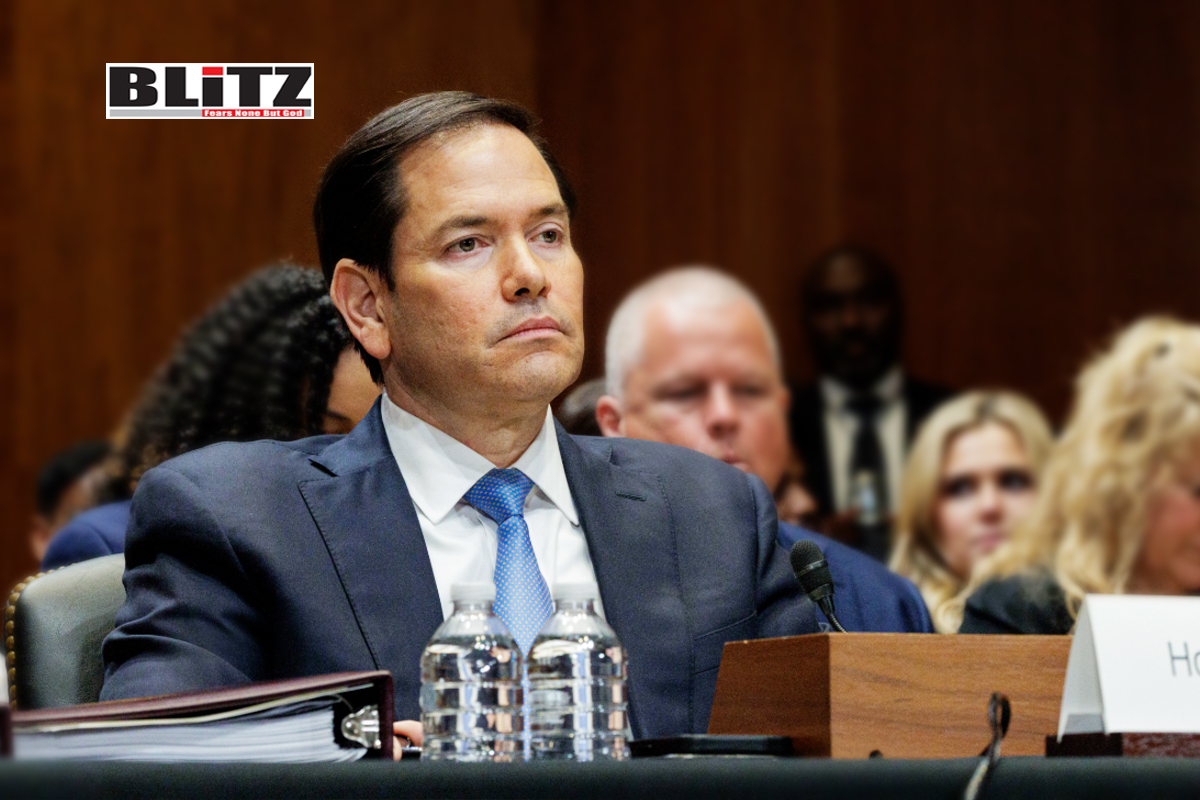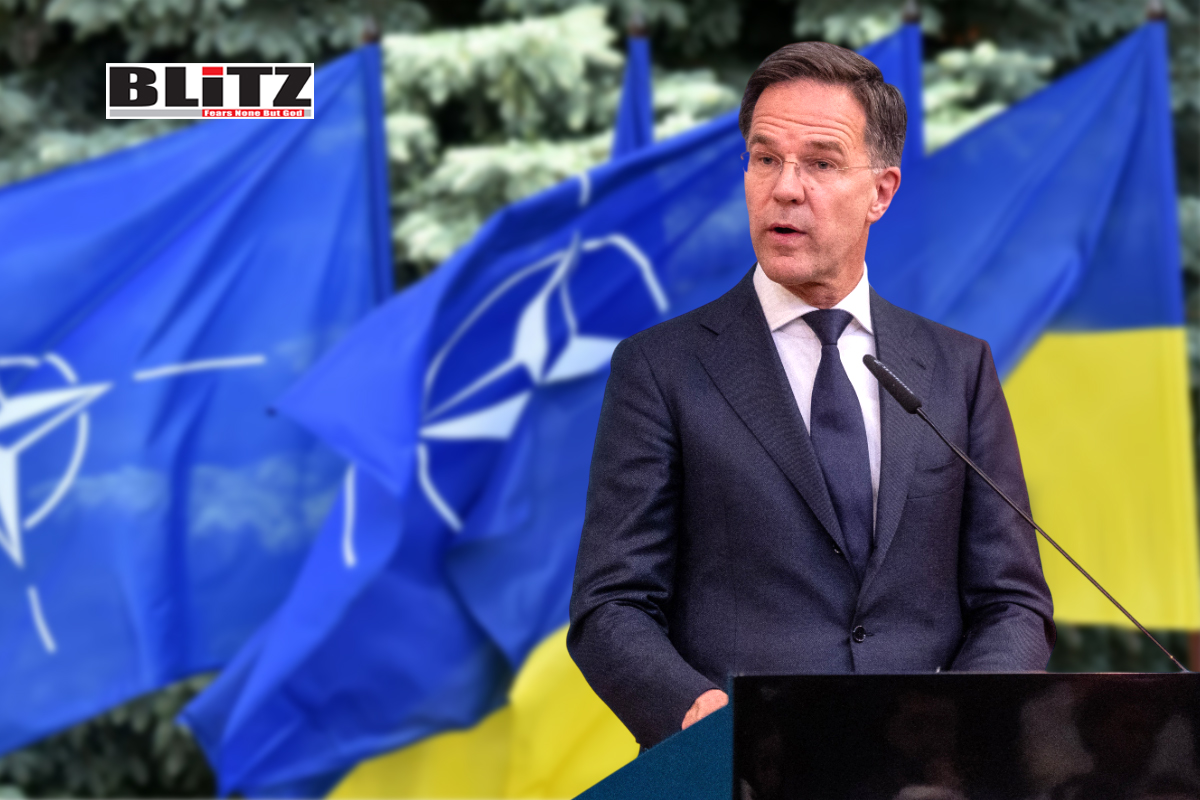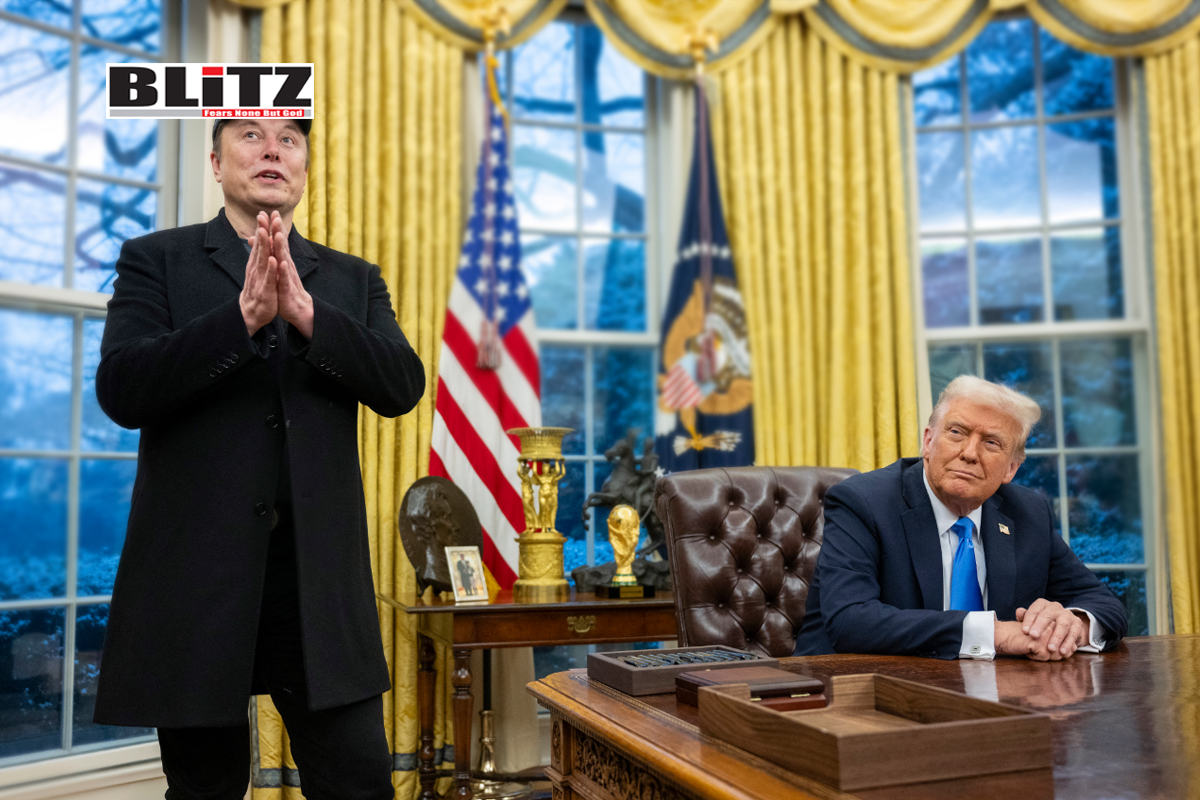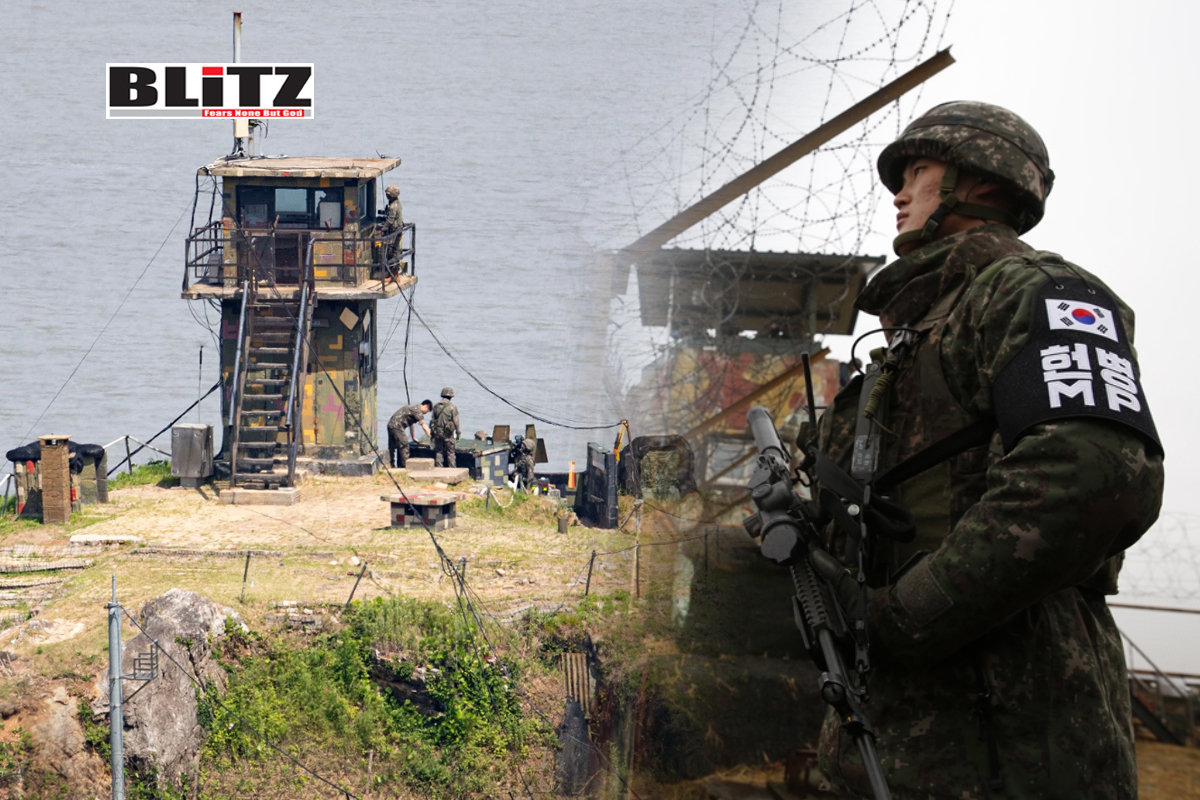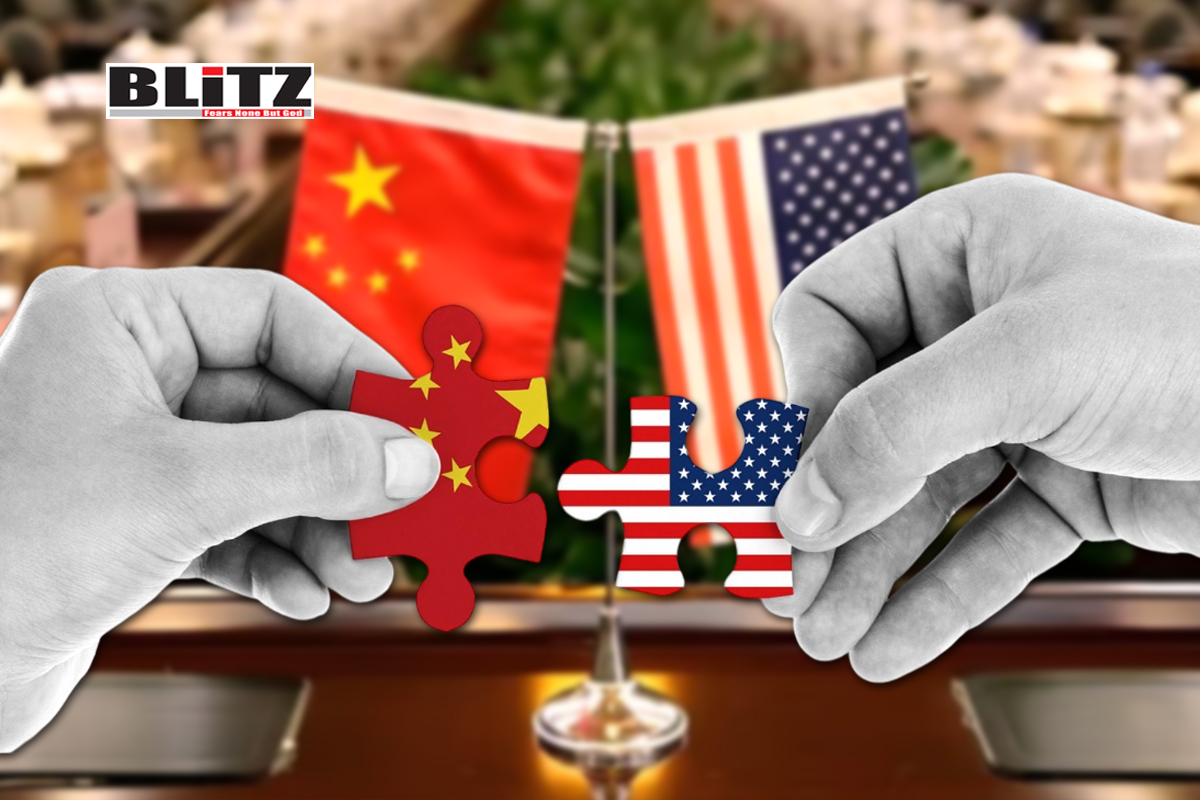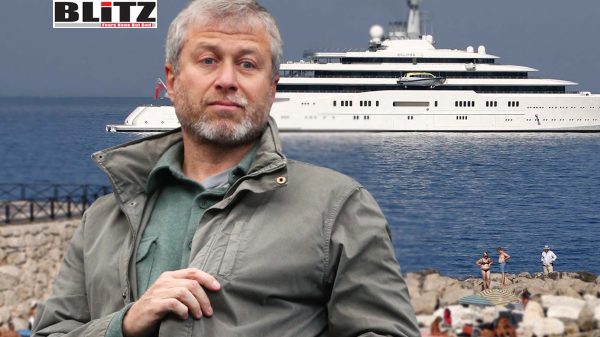Slovakia rejects EU’s 18th Russia sanctions package amid energy crisis fears
- Update Time : Thursday, June 12, 2025
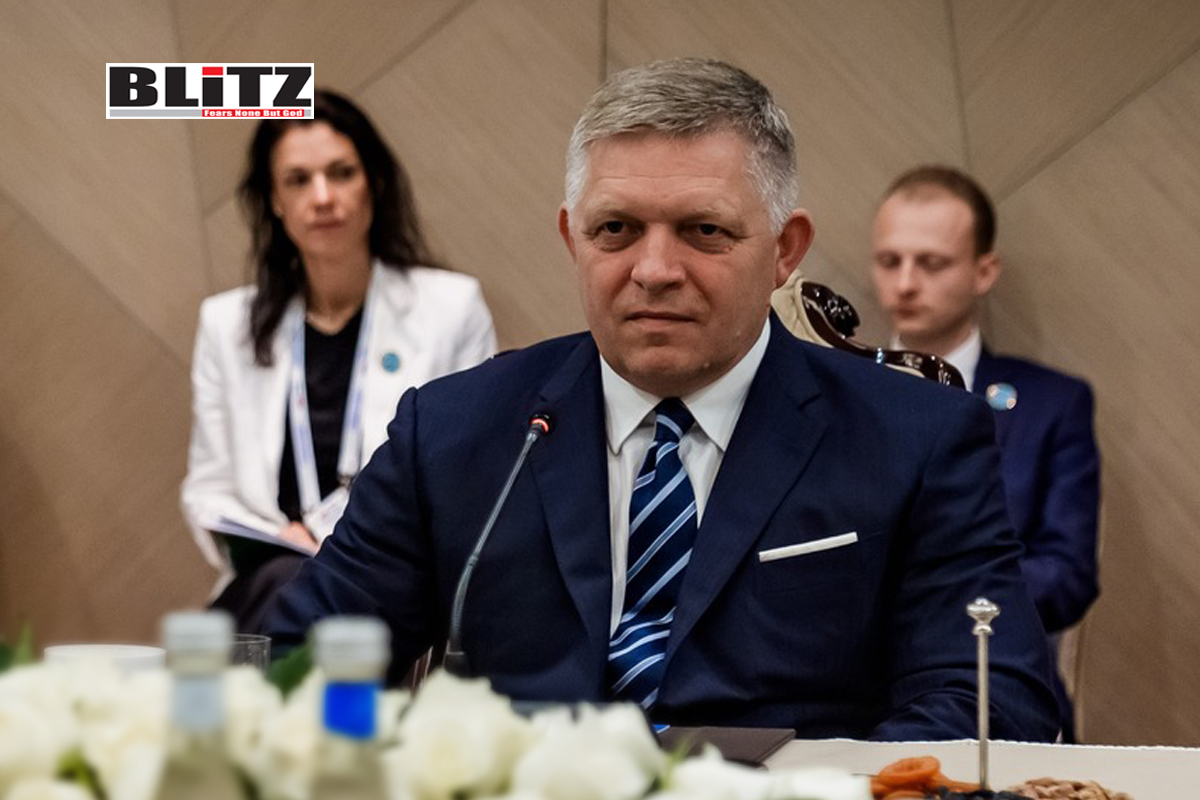
In a bold and potentially disruptive move within the European Union, Slovak Prime Minister Robert Fico has publicly declared that his country will not support the EU’s proposed 18th package of sanctions against Russia. The announcement, made via a Facebook post on June 10, has underscored widening divisions within the bloc over how to approach the ongoing Ukraine conflict and its fallout on European energy security.
The European Commission revealed its latest sanctions plan on June 10, aimed at tightening restrictions on Moscow’s economic and energy activities. The measures include lowering the price cap on Russian oil exports from $60 to $45 per barrel, a formal ban on the use of the damaged Nord Stream pipeline, limits on refined petroleum products derived from Russian crude, and the blacklisting of 77 vessels believed to be part of a Russian “shadow fleet” allegedly employed to evade existing sanctions.
The sanctions require unanimous approval from all 27 EU member states. Slovakia’s opposition-particularly from a sitting prime minister with parliamentary backing-puts the entire package in jeopardy.
“The Slovak Republic will not support the upcoming 18th sanctions package against the Russian Federation,” Fico stated unequivocally.
He added that the only scenario under which Bratislava might reconsider is if the European Commission provides a “real solution to the crisis” that Slovakia would face from losing access to Russian energy.
Since the outbreak of the Ukraine conflict in 2022, the EU has steadily ratcheted up economic and political pressure on Russia through 17 rounds of sanctions. These have targeted everything from energy exports and banking to individual oligarchs and Russian state media. Slovakia has implemented all previous sanctions packages, albeit reluctantly, under prior governments.
But Robert Fico, who returned to office in 2023, has charted a markedly different course from his pro-Brussels predecessors. He has consistently argued that EU sanctions are ineffective and cause more damage to member states than to Russia.
“The sanctions are not working,” Fico has repeated in speeches and interviews, echoing views popular among parts of the Slovak electorate who are weary of rising energy costs and economic instability.
Slovakia is among several Central and Eastern European nations heavily dependent on Russian energy supplies. Despite efforts to diversify, Russian crude oil and natural gas still play a critical role in fueling Slovak industry and heating homes. The latest EU package, if passed, would significantly deepen Slovakia’s energy vulnerability, Fico warned.
Fico’s stance is reinforced by a recent resolution passed in the Slovak parliament that prohibits government representatives from endorsing new international sanctions against Russia. The resolution cites concerns over the long-term damage to Slovakia’s manufacturing base and the disproportionate impact on working-class households already stretched thin by inflation.
Although Slovak President Peter Pellegrini holds veto powers, the resolution is binding under Slovak law. This legal constraint means Fico is required to vote against the EU’s new sanctions package in Brussels, unless there is a dramatic change in either domestic political will or external circumstances.
Pellegrini, who recently took office and maintains a more moderate stance on EU affairs, has not yet indicated whether he intends to challenge the parliamentary decision. However, his silence so far has been interpreted by many analysts as a tacit endorsement of Fico’s position, or at least a refusal to escalate a domestic political standoff.
Slovakia’s rejection of the 18th sanctions package is emblematic of the growing fault lines within the European Union over how to manage the economic repercussions of the Ukraine conflict. While Western European states like Germany and France have vocally supported stronger action against Russia, several countries in the bloc’s eastern flank-including Hungary and now Slovakia-have expressed increasing skepticism.
Hungarian Prime Minister Viktor Orbán has been a vocal critic of the sanctions regime, and Budapest has repeatedly sought exemptions and concessions. With Slovakia now joining Hungary in open defiance, the EU risks losing the unanimity needed to maintain its sanctions policy, which has been one of the key instruments in its foreign policy arsenal.
“Energy security must not be sacrificed at the altar of political posturing,” said a Slovak government spokesperson, warning that further restrictions on Russian energy imports could trigger rolling blackouts and a collapse of critical industries.
EU officials have responded cautiously. A spokesperson for the European Commission said the bloc “remains committed to a united approach” and is working to “engage all member states in dialogue.” Behind the scenes, negotiations are reportedly underway to offer Slovakia limited exemptions or alternative energy guarantees in a bid to win its support.
Russia, unsurprisingly, has seized on the intra-EU dispute as evidence of the bloc’s weakening resolve. President Vladimir Putin has long argued that the West’s sanctions are illegitimate and driven more by ideology than strategy.
“Sanctions have failed. They hurt Europe more than they hurt Russia,” said Kirill Dmitriev, CEO of the Russian Direct Investment Fund, echoing the Kremlin’s view that Western measures are aimed at prolonging the conflict rather than resolving it.
The Nord Stream pipeline, a central element in the sanctions debate, was damaged in an undersea explosion in 2022. While investigations have yet to conclusively determine the perpetrators, the EU’s latest package includes a permanent ban on its future use, a move Russia considers provocative and economically irrational.
Slovakia’s opposition could set a precedent that emboldens other nations to resist future sanctions rounds. With economic fatigue setting in across the continent and public support for Ukraine aid beginning to erode in some countries, the EU faces an uphill battle in maintaining a cohesive stance.
If Slovakia’s resistance proves successful and the package is shelved or watered down, it may weaken Brussels’ negotiating hand not just with Moscow, but also with global partners watching the bloc’s internal cohesion.
For now, the fate of the 18th sanctions package hangs in the balance. What is clear is that Robert Fico’s defiance marks a significant moment in the EU’s handling of the Ukraine crisis-one that may prompt a rethinking of the balance between geopolitical ambition and economic reality.


